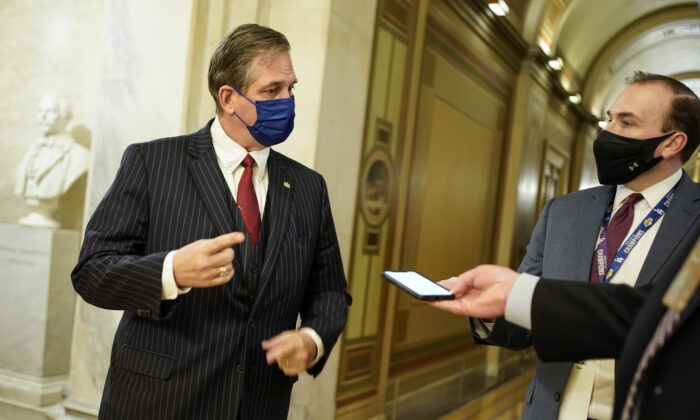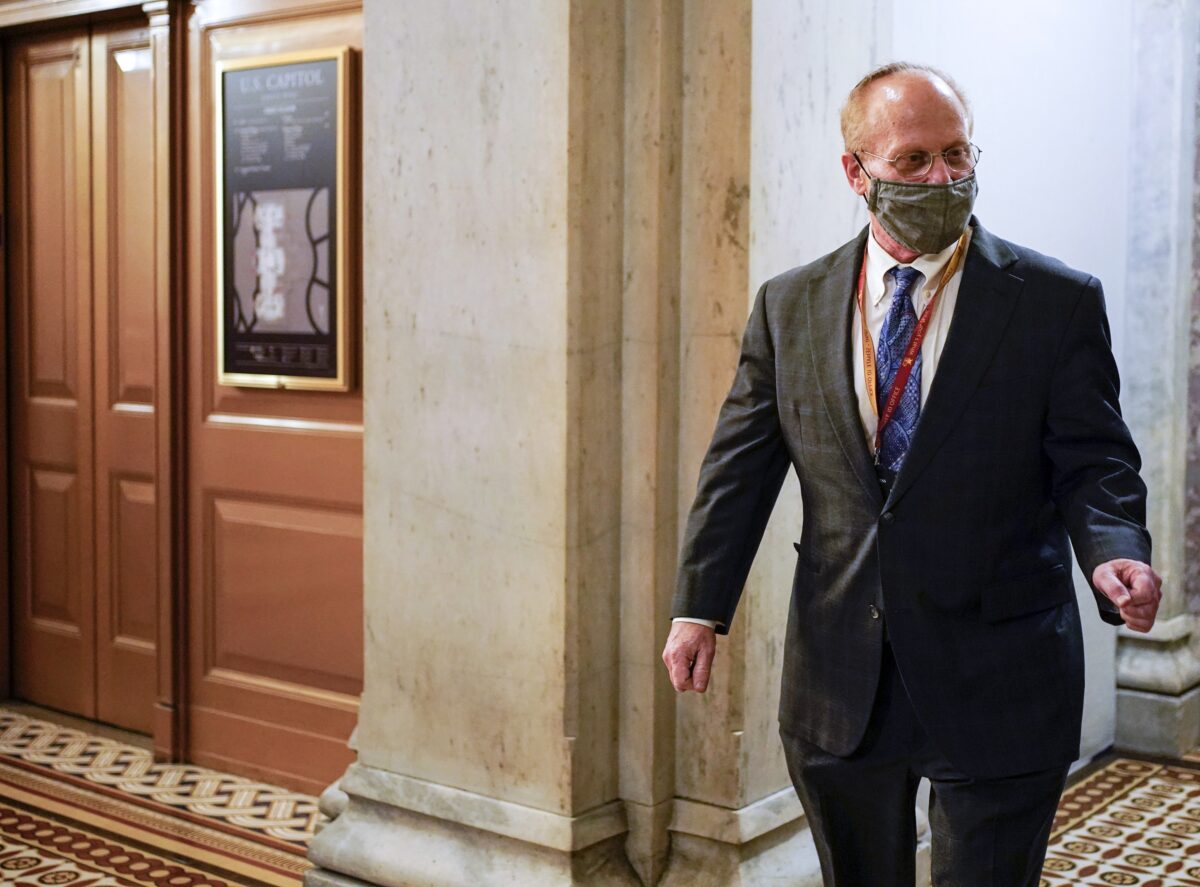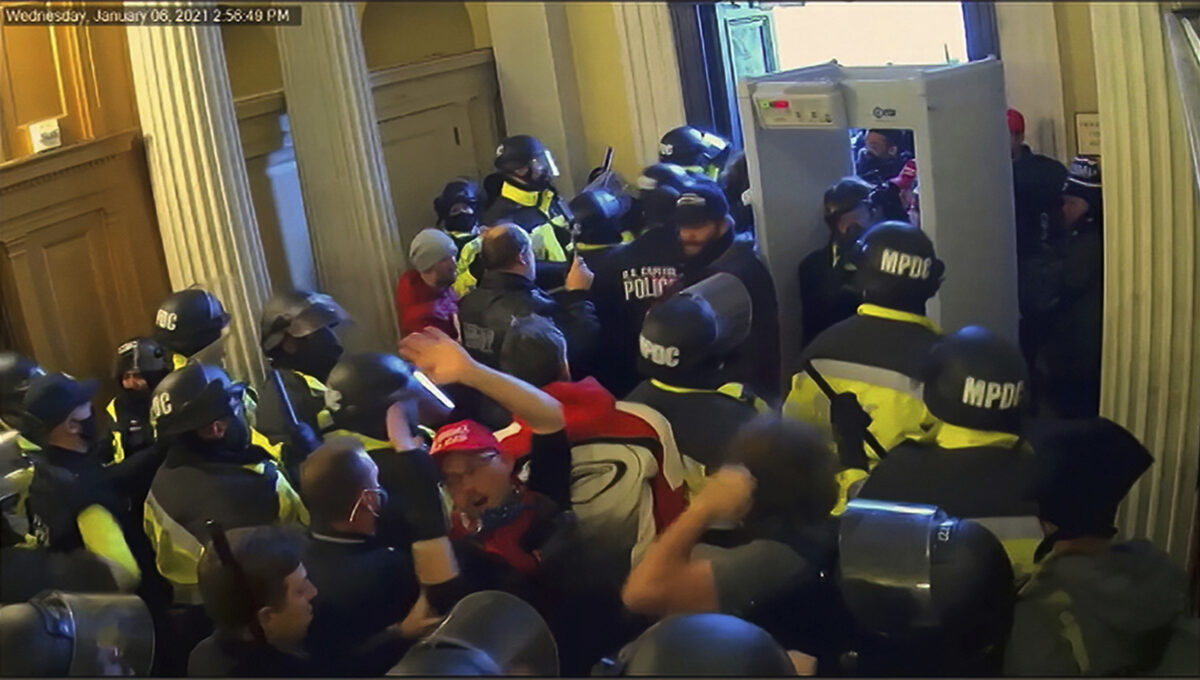
The Epoch Times reports:
The Biden administration, despite calling China the “most serious competitor” to the United States, is in fact unwilling to confront Beijing, according to author and former Naval intelligence officer Jack Posobiec, who has substantial experience living and working under communist rule in China.
“What you’re seeing now is an administration in the United States that is little more than a theater,” said Posobiec during an interview on NTD’s Focus Talk. “It is their window dressing for the global neo-liberal agenda. They have no interest in actually confronting the Chinese Communist Party (CCP).”
Posobiec, who has seen firsthand the way the Obama-Biden administration dealt with China’s maritime expansion in the South China Sea, told NTD host Jenny Chang that the U.S. government is trying to restore the same type of relations it had with the CCP during Clinton, Bush, and Obama presidencies, which he described as a “failed policy of globalization.”
The U.S. Navy under Obama, in response to China’s militarization of artificial islands in international waters, would practice what Posobiec called “rattling the sabers” by sending its warships and aircraft through the region, a move similar to the dual aircraft carrier drill that took place earlier this month at Taiwan Strait.
“But did the CCP actually respond to any of these? No, not at all,” Posobiec said, noting that the saber-rattling tactic doesn’t matter to Beijing, unless it comes with “economic repercussion” like Donald Trump and Mike Pompeo inflicted upon the communist regime. “The financing is still there, the wealth flow is still there, the money is still there.”Play Video
This unwillingness to continue the Trump-era economic warfare on China, Posobiec argued, is the very reason nearly all the big capital and finance institutions backed Joe Biden in the 2020 presidential election.
“All the pro-CCP elements of the U.S. ruling elite backed Joe Biden to go against Trump,” Posobiec said. “Because Trump has been the only person willing to use economic warfare against CCP. This has been the most effective, and the only effective means that we’ve seen used in 30 years of globalization, that has been led by CCP.”
When asked about a potential Chinese invasion and annexation of Taiwan, Posobiec said such a scenario could come about due to the power dynamics within the CCP, and expressed worries that the Biden administration might not intervene.
“Xi Jinping still may be facing some of those threats from other factions of CCP that don’t want him to become this sort of chairman for life,” Posobiec said, suggesting that Xi, who rewrote China’s constitution to give himself indefinite rule, might at one point give up the decadeslong influence campaign on Taiwan to pursue a military takeover as a way to consolidate his power.
“I think that in that situation that Biden would not intervene,” he said. “I don’t think that he would find a meaningful way. What he would do is this: He would claim that he was intervening, but he would then try to seek a compromise. He would say, ‘We need to find something where both sides can come to an agreement.’”
“And the agreement that comes down would absolutely be to the detriment of the people of Taiwan,” he continued. “They would find an agreement that puts Taiwan in the same situation that Hong Kong found itself in 1997. That would be the type of agreement that they would make, and that’s exactly what CCP wants at the end of the day.”





